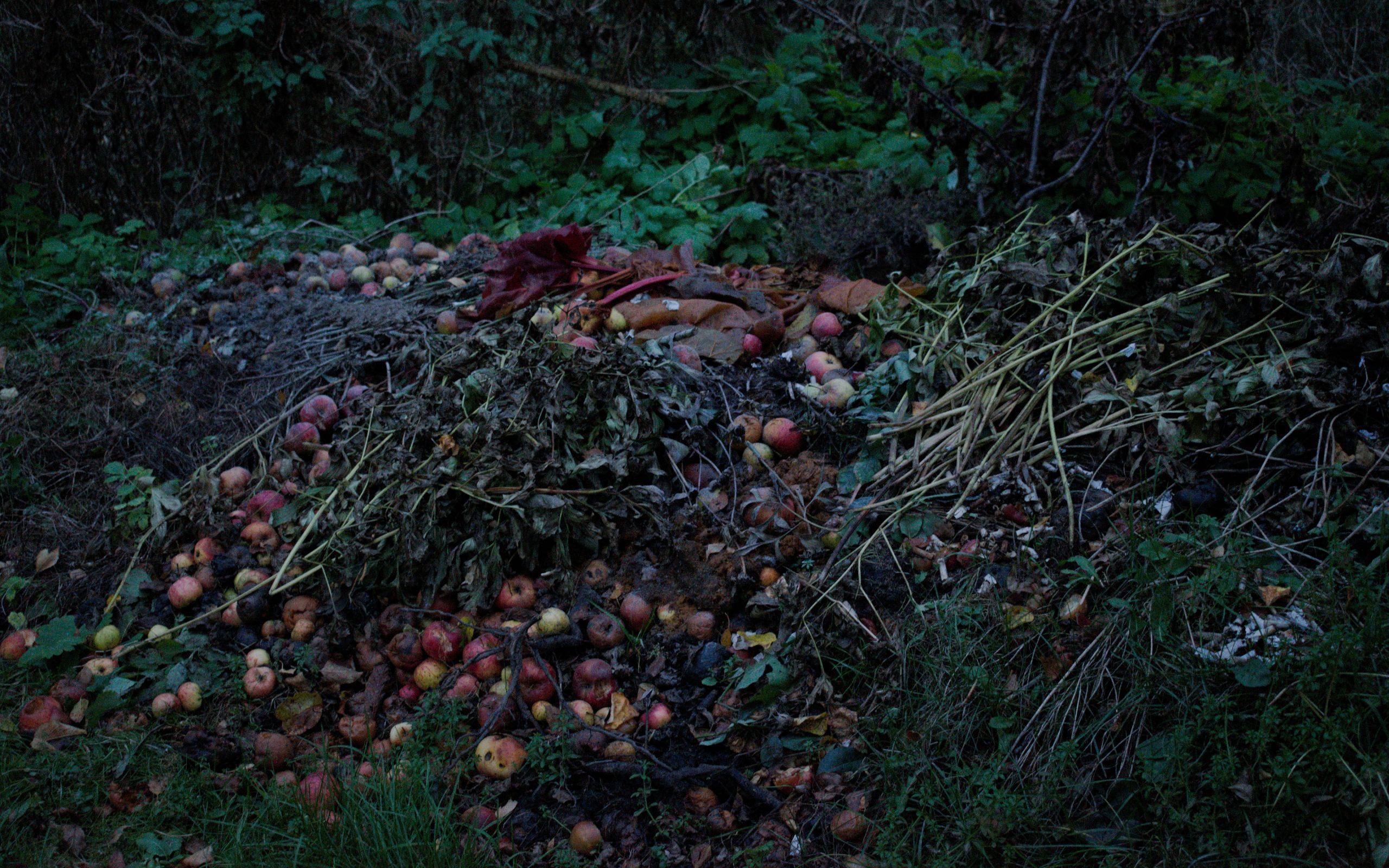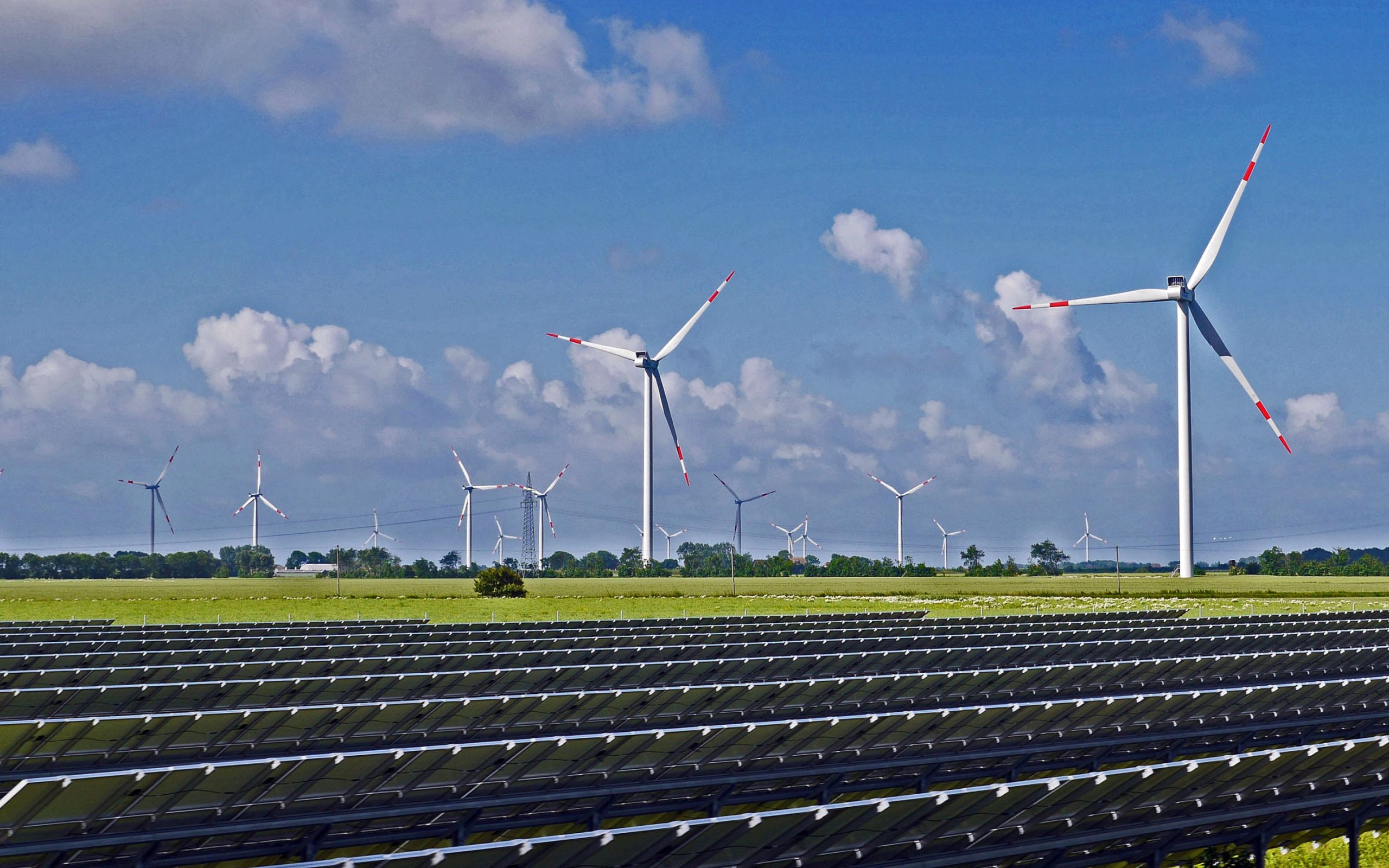In our increasingly waste-conscious world, the simple act of composting stands out as a powerful tool for building a more sustainable future. Often overlooked, this age-old practice of transforming organic waste into nutrient-rich soil amendment offers a wealth of environmental and economic benefits, impacting everything from our landfills to the health of our gardens and the stability of our climate.
The Problem with Our Waste Stream:
Landfills across the globe are overflowing with organic materials – food scraps, yard waste, paper products – that could be valuable resources. Instead, these materials decompose anaerobically (without oxygen), releasing harmful methane, a potent greenhouse gas significantly more impactful than carbon dioxide in the short term. Landfills also take up valuable land, can contaminate soil and groundwater, and represent a missed opportunity to recover valuable nutrients.
Composting: A Natural Solution with Far-Reaching Benefits:
Composting offers a natural and effective solution to this problem, mimicking the decomposition processes that occur in nature. By providing the right conditions – air, water, and a mix of carbon-rich (brown) and nitrogen-rich (green) materials – microorganisms break down organic matter into a dark, earthy substance called compost, or humus. This seemingly simple transformation yields a remarkable array of benefits:
- Reducing Landfill Waste and Methane Emissions: The most immediate impact of widespread composting is a significant reduction in the volume of organic waste sent to landfills. This directly translates to lower methane emissions, helping to mitigate climate change. By diverting organic materials, we extend the lifespan of existing landfills and reduce the need for new ones.
- Enriching Soil Health and Fertility: Compost is a natural soil amendment packed with essential nutrients and beneficial microorganisms. Incorporating compost into gardens, farms, and landscaping improves soil structure, increases water retention, enhances aeration, and reduces the need for synthetic fertilizers. Healthy, compost-amended soil is more resilient to drought and erosion, leading to healthier plant growth and higher yields.
- Reducing the Need for Synthetic Fertilizers: Synthetic fertilizers, while providing nutrients, can have negative environmental impacts, including water pollution, soil degradation, and greenhouse gas emissions during their production. Compost provides a slow-release source of nutrients, naturally improving soil health and reducing our reliance on these harmful chemicals.
- Improving Water Conservation: Compost-amended soil acts like a sponge, holding more water and reducing runoff. This means less water is needed for irrigation, conserving precious water resources, especially crucial in drought-prone regions. Reduced runoff also minimizes the transport of pollutants into waterways.
- Boosting Biodiversity: Healthy, compost-enriched soil supports a thriving community of beneficial soil organisms, contributing to overall biodiversity. In gardens and farms, this can lead to more resilient ecosystems that are better able to withstand pests and diseases naturally.
- Creating Greener Communities: Composting can be implemented at various scales, from backyard bins to large-scale municipal programs. Encouraging composting in communities fosters a greater awareness of waste management and promotes a more sustainable lifestyle. Community composting initiatives can also create local jobs and build social connections.
How You Can Contribute to a Composting Revolution:
The power of composting lies in its accessibility. Everyone can participate, regardless of their living situation:
- Backyard Composting: If you have outdoor space, setting up a compost bin or pile is a straightforward way to manage your food scraps and yard waste. Numerous resources are available to guide you through the process.
- Indoor Composting (Vermicomposting): Even without a yard, you can compost indoors using worms (vermicomposting). This method is odorless and efficient for processing food scraps.
- Municipal Composting Programs: Many cities and towns are implementing curbside organic waste collection programs. Participate in these initiatives if they are available in your area.
- Supporting Local Farmers and Gardeners: Choose produce from farmers and gardeners who utilize compost and sustainable soil management practices.
- Advocating for Composting Initiatives: Encourage your local government and community organizations to implement or expand composting programs.
- Educating Others: Share your knowledge about the benefits of composting with friends, family, and colleagues.
The Future is Fertile:
Composting is more than just a way to get rid of food scraps; it’s a fundamental shift towards a circular economy where waste is viewed as a valuable resource. By embracing this simple yet powerful practice, we can reduce our environmental footprint, enrich our soils, conserve vital resources, and cultivate a more sustainable future for ourselves and generations to come. The time to turn our trash into treasure is now.



Leave a Reply